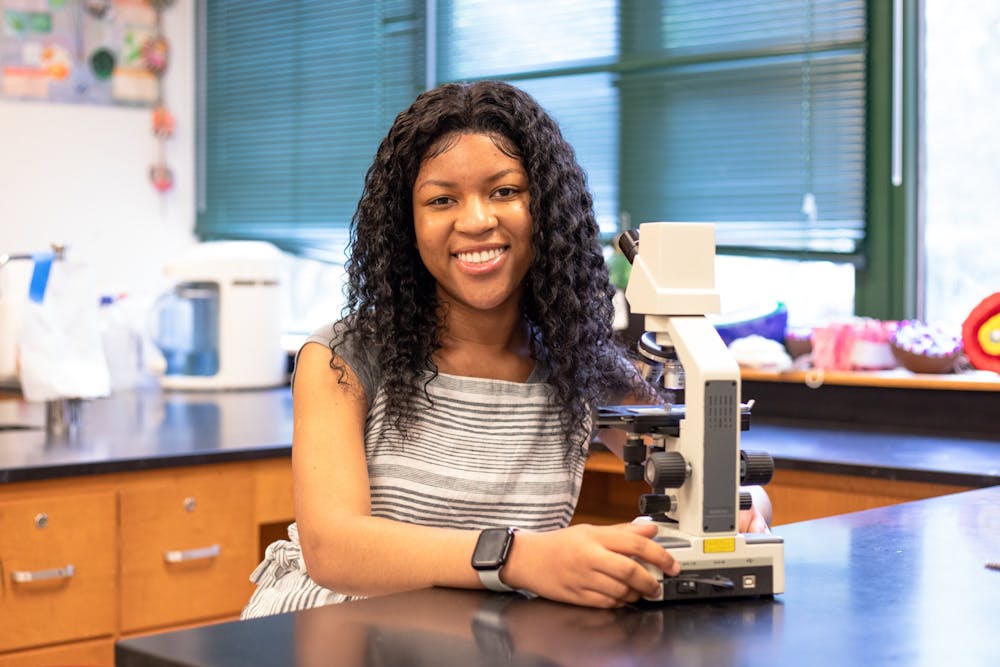Pristine Onuoha, a rising senior at East Chapel Hill High School, won the Genes in Space Challenge on July 28.
“I was in shock," Onuoha said. "I couldn't believe it was me.”
The competition allows 7th to 12th graders to propose experiments regarding genetic research in space that would be implemented on the International Space Station. Onuoha was named a finalist for the prize in May, and her winning experiment will be launched into space next year.
Onuoha said her initial research started by looking up the impacts of space on astronaut physiology. She learned about telomeres, which help prevent DNA strands from tangling or fraying.
Her initial proposal was focused on why telomeres lengthen in space, and she hopes that the experiment could lead to more accurate research on the subject.
“Then as I dug more around that, I realized that there wasn't a clear consensus on what the cause was,” she said. “So there was this gap in knowledge that I found really interesting and so I wanted to get to the bottom of it.”
If further research is helpful, she said it may be able to be applied to regenerative medicine, especially for Short Telomeres Syndrome. According to the National Library of Medicine, STS causes accelerated aging symptoms.
“That was really a big motivator for me — using it to help other people,” Onuoha said.
In her initial experiment, she said she planned to use stem cells to examine why astronauts' telomeres lengthen in space. Her hypothesis was that if stressors such as radiation caused cell death, then stem cells’ healing response would activate and proliferate, causing longer telomeres.



